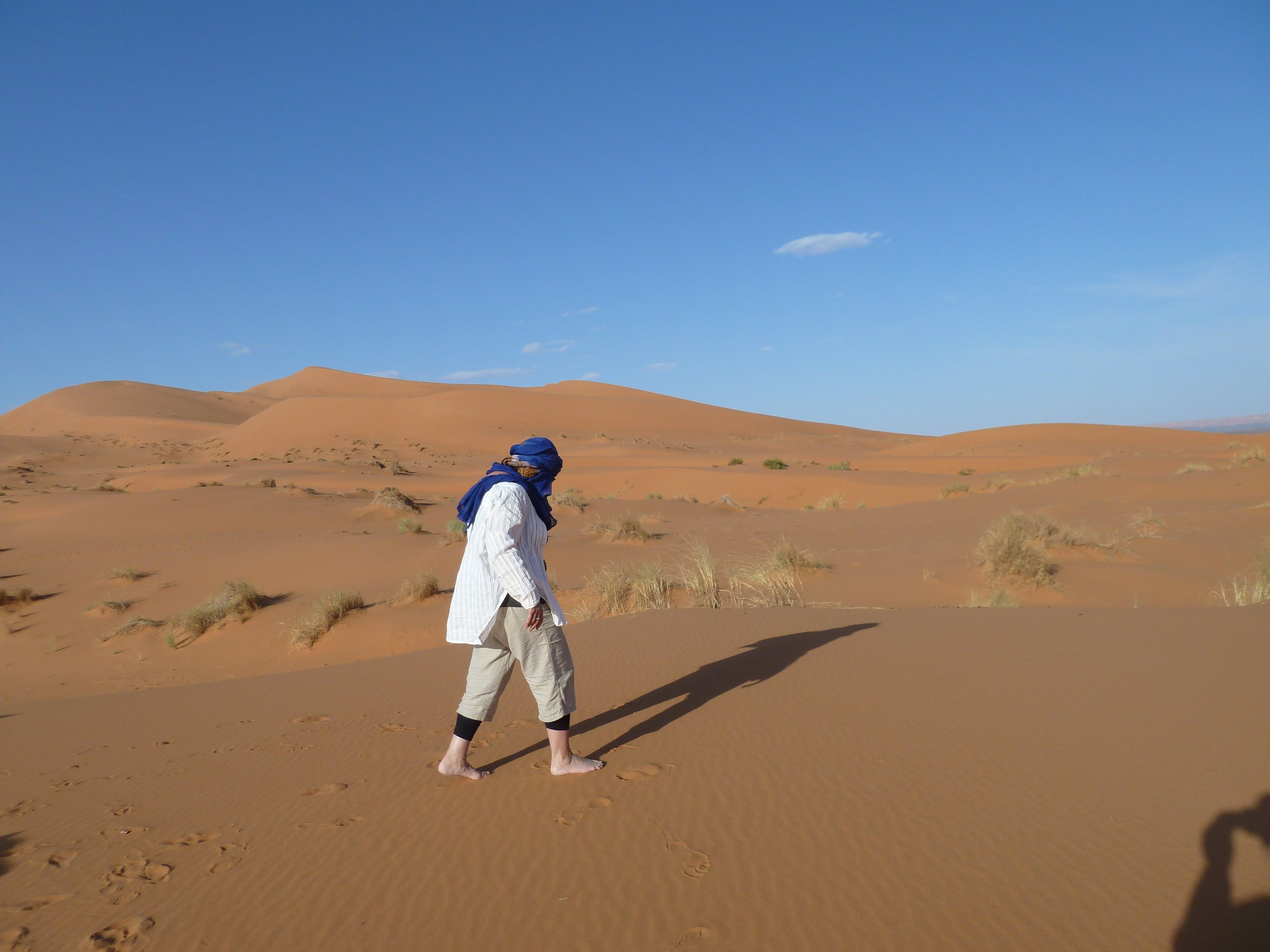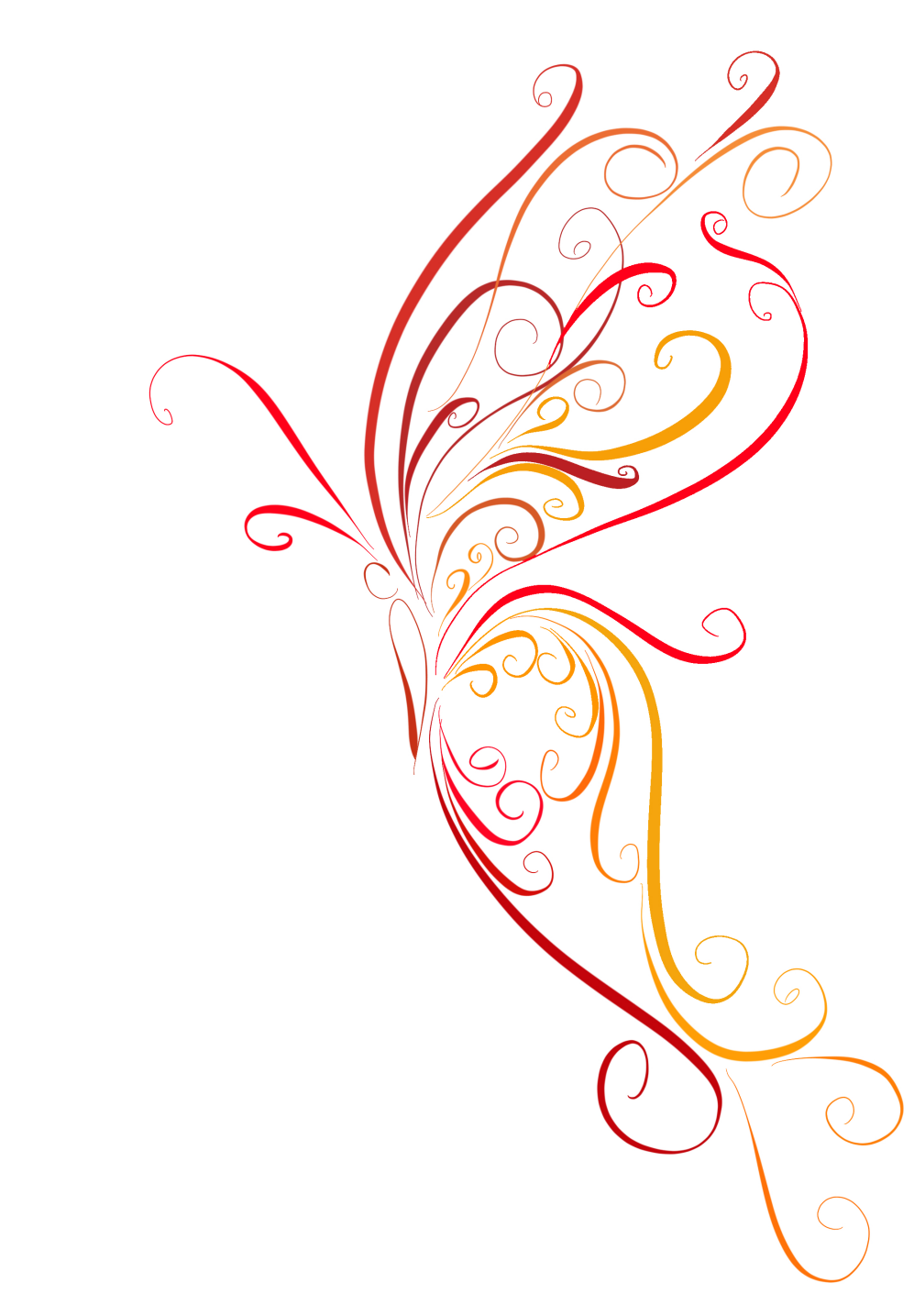The Book Series
on
Creative Therapeutic Writing
Written by Monica Suswin
Edited by Gillie Bolton
The series is appropriate for individual writers interested in personal development, as well as practitioners in healthcare, pastoral positions, psychotherapy and counselling, as well as creative writing.
Each of the books addresses a distinct theme and is tackled through my own exploration of creative therapeutic writing. Suggested exercises are included at the end of each chapter so readers may be stimulated to do their own writing.
Shifting Boundaries had me absorbed in a reverie of memory and imagination. Monica integrates the past to perceive the present and her passion for the art of writing is infectious, enticing the reader to find their voice. Monica inspires the author in each of us.
Sarah Davies, practitioner in Mindful Movement: Open Floor International & co-author of You, Me and the Space Between Us (2023, Bonnier Books).
FOREWORD TO SHIFTING BOUNDARIES
An Extract
In her books, Monica holds out her hand to help us find our individual way in this strange and extraordinary land of writing. She is a reliable guide, having undertaken herself everything she suggests we do. And she illuminates the journey, helping us to understand by sharing her own writing and telling how she gained from it. Monica offers a treasure map to guide and support us to believe in ourselves and trust our writing hands. It helps us respect the writing process. With this trust and respect we can adventure with integrity, with secure boundaries in place. We will learn essential wisdom about ourselves and our lives.
Dr Gillie Bolton
Monica Suswin sees writing as a daily practice to explore and shape the inner life. But she also sees it as a sustained conversation with our inherited traditions and, especially, with others dedicated to the same therapeutic task. This lucid work is at once an eloquent testimony, a gentle manifesto and a much needed guide. Professor Peter Abbs
This compassionate and permissive guide to therapeutic writing, is a personal, but professionally grounded celebration of the invaluable support writers can receive from significant companions on their creative journey. Filled with wise advice and empathic encouragement, fascinating detours and provocative writing exercises, Rope Mates encompasses the spiritual, psychological, intellectual and lyrical dimensions of creative writing, and in so doing eloquently distils the work of a lifetime.
Dr Naomi Foyle: author of Adamantine and The Gaia Chronicles
Monica in the desert
extract from the book
In a remote area in the south of Morocco, I felt my heart had come home as I discovered the desert. For a week I stayed in a rhiyad (guest house), reached along ancient tracks into the desert, and near a huddle of Berber dwellings. I was given one room in the corner of a spacious rectangular walled compound where I could write, make tea and sleep. In the sandy soil young trees of fig, orange, eucalyptus and almond had been planted to provide shade and shelter. (Raw Heart, Chapter 3. p.50)
In a humorous way Monica asks, why should I invade my own privacy by writing this book? And the response is clear: our own vulnerability, written down, but then also edited with care becomes a gift for others who all share the human experience of love, loss, and the precious insights that articulating lived experience brings. Dr Reinekke Lengelle, author of Writing the Self in Bereavement: A Story of Love, Spousal Loss and Resilience (Routledge 2021)
Reader’s Response
I really liked the gentleness of A Fox Crossed My Path – the quietness of the writing exercises, the generous quotations from your own work and references to other writers’ work. I just wanted to say thank you for the way you share and utilise such difficult experiences for the benefit of others. KS
Like spending time with a good novel or short story, A Fox Crossed My Path leaves the reader changed, more aware of how people’s lives are, and this life in particular. For any reader who has tried therapeutic writing and is looking for more, Monica Suswin is an experienced and very sensitive guide. I would also suggest that for starting points in how creative writing can be a lifeline when other options are limited, this book is a must-read, and it can be accessed from the beginning, middle or end.
Jeannie Wright (Associate Professor of Counselling)
Self & Society – An International Journal for Humanistic Psychology
Vol. 45 October 2017 pp. 337-338.
Illustration by Olivia Haughton






